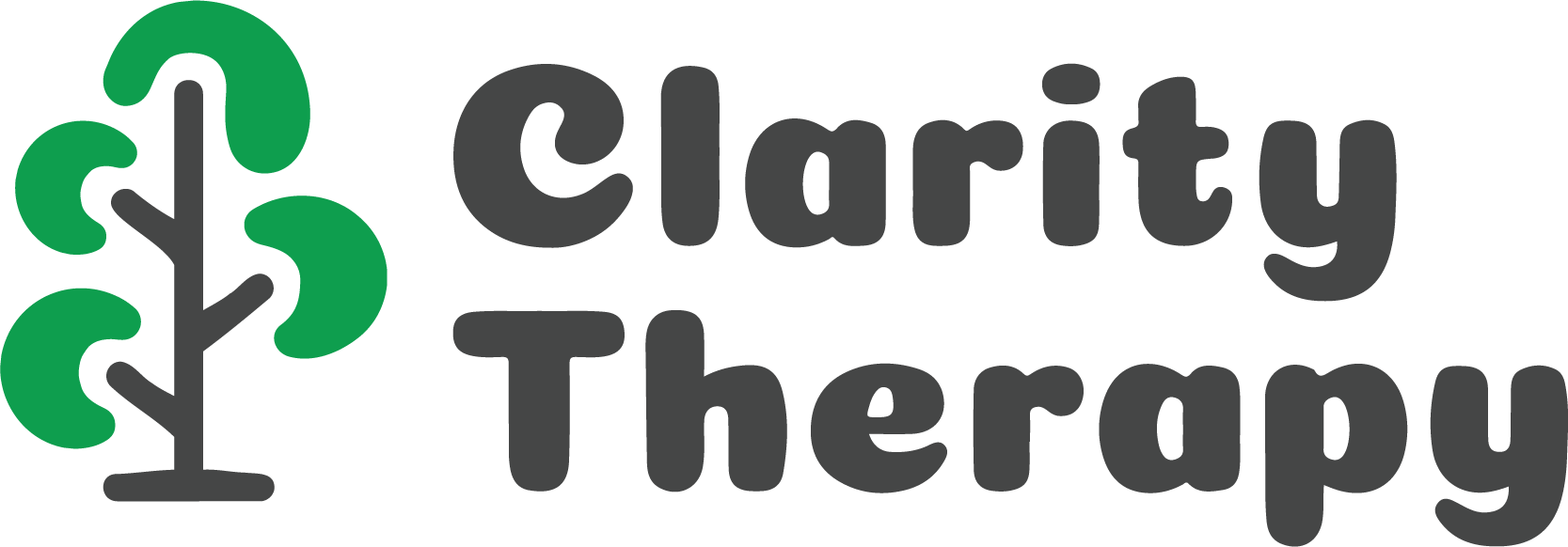What makes someone codependent?
Codependency is…
- in which one person supports, either overly or inadvertently, the addictive behavior of another person.
- a condition where one person becomes the ‘caretaker’ of an addicted or troubled individual.
- a destructive form of helping or enabling.
Codependents…
- may feel or think they are responsible for another person’s feelings, actions, thoughts, choices, wants, desires, needs, well-being, or lack of well-being, and ultimately their fate or destiny.
- may feel excessive pity, guilt or anxiety when other people around them have a problem which they cannot solve or go out of their way to attempt to solve the problem for them.
- feel almost forced or even compelled to help that person through either offering unwanted advice, giving suggestions, or attempting to fix feelings of the person and attempting to solve that person’s problems.
- can even and often feel angry when their help is not effective or wanted.
- anticipate the desires and needs of other people.
- wonder why others will not do the same for them.
- cannot say no to others and usually say “yes” when they want to say “no”. They find themselves doing more than their fair share of work and doing things that other people can do for themselves rather than letting them do it for themselves.
- instead of pleasing themselves, will attempt to please others first, over their own needs.
- feel void and sad feelings due to giving themselves wholly over to other people rather than giving to themselves. They also feel sad due to finding that people will not give to them the same way they give to others.
- find themselves attracted to people who will use them, abuse them and in the end, misuse and “lose” them.
Codependency is a learned behavior that is acquired by being passed down generationally without any attempts to heal it. It is a behavioral and emotional condition that limits the individual’s ability to have mutually satisfying and healthy relationships. It can be known as “relationship addiction” because it is often one-sided, emotionally destructive and can be abusive. These relationships are maintained and learned by watching and imitating other family members who display these types of behaviors.
How does codependency work?
It affects the spouse, parent, sibling, friend, or co-worker of the person afflicted with an alcohol or drug dependence. Originally, the term codependent was coined to describe partners in chemical dependency, or persons living with or in a relationship with someone who has an active addiction. There are similarly noticeable patterns seen in people who have relationships that are chronically or mentally ill. Today the term has been broadened to encompass any codependent person from any dysfunctional family.
A dysfunctional family is a family in which the members suffer from anger or fear, pain or shame and those feelings are ignored and denied. There are many underlying problems stemming from those emotions and can include:
- Active addiction by a family member—whether to drugs, alcohol, relationships, food, sex, work, or gambling.
- Existence of abuse—whether physically, emotionally, or sexually.
- The presence of a member suffering from chronic mental or physical ailments/illness.
There is no acknowledgement by a dysfunctional family that problems exist. There is no talking about it, family members learn to suppress their emotions and disregard their own needs. They will deny, ignore, and avoid difficult emotions—becoming “survivors” in the meantime. There is no talking, no touching, no confrontation, no feeling, no trusting. Identities and emotional development of the members of a dysfunctional family will become inhibited.
The attention is all on the member who is addicted or ill. The codependent person then sacrifices their own needs to then take care of the needs of the person who is sick or ill losing their own selves in the process. The own well-being of the codependent person is lost, along with their sense of self—all for the needs of the other person.
Questionnaire To identify Signs of Codependency
Please note that only a qualified professional can make a diagnosis of codependency; not everyone experiencing these symptoms suffers from codependency.
- Do you keep quiet to avoid arguments?
- Are you always worried about others’ opinions of you?
- Have you ever lived with someone with an alcohol or drug problem?
- Have you ever lived with someone who hits or belittles you?
- Are the opinions of others more important than your own?
- Do you have difficulty adjusting to changes at work or home?
- Do you feel rejected when significant others spend time with friends?
- Do you doubt your ability to be who you want to be
- Are you uncomfortable expressing your true feelings to others?
- Have you ever felt inadequate?
- Do you feel like a “bad person” when you make a mistake?
- Do you have difficulty taking compliments or gifts?
- Do you feel humiliation when your child or spouse makes a mistake?
- Do you think people in your life would go downhill without your constant efforts?
- Do you frequently wish someone could help you get things done?
- Do you have difficulty talking to people in authority, such as the police or your boss?
- Are you confused about who you are or where you are going with your life?
- Do you have trouble saying “no” when asked for help?
- Do you have trouble asking for help?
- Do you have so many things going on at once that you can’t do justice to any of them?

